
Overview
The Master of Science in Architecture is a research-oriented post-professional degree program that allows students to pursue advanced individual studies that bridge design and research. Topics are determined by the research interests of our faculty and include urbanism, design methods, structural systems, energy-based design, fabrication, and landscape architecture. Student research culminates in a thesis.
The program is open to applicants holding an accredited professional degree in architecture, landscape architecture, urban design, or allied fields. Applicants with a degree earned outside the U.S. must have the equivalent to a first professional degree and be eligible for licensure in their home country.

Curriculum
The Master of Science in Architecture is a three semester program (this may include one summer semester). The program of study requires a minimum of 32 credit hours, selected from advanced studios, lectures, and seminars. Working with a thesis adviser, each student should develop a detailed thesis proposal, which must be approved by the adviser and by the director of the program. The final thesis must be approved by the student's advisory committee and be submitted to the university library.
Three options are available to complete the M.S. degree requirements: a thesis option and two of non-thesis options. The thesis option is designed for individuals seeking advanced knowledge in preparation for careers in specialized practice and consulting, university teaching, or architectural research, including those who may wish to pursue a Ph.D. degree in the future.
Fall
Spring
Thesis Track
| Fall | Spring |
|---|---|
|
Specialized Research & Thesis Development
|
|
|
|
Architecture Electives
|
|
Architecture Electives
|

Faculty
Recognized as leaders in their field, the M.S.Arch. faculty work closely with students to prepare them for changes in the architectural profession with an emphasis on critical discourse, collaboration, practical/applied research and creative design innovation.
Degree Sequence Overview
Our Master of Science program extends the tradition of architectural innovation through a post-professional degree structured around independent research. Working closely with a faculty advisor, each student develops a research project related to the current theme: Architecture and Urbanism in the Age of the Anthropocene. This theme may be approached via technical research, applied research (including design) or history and theory.
The M.S.Arch. follows a tripartite model: Exploration, Production, Reflection. Students of all three tracks begin the first semester with a similar curriculum. Their schedule is then customized in future semesters as their research trajectory becomes clear. Generally, the substance of their thesis emerges in the second semester. The final semester is one of critical reflection, tying together the work of the previous semesters, reviewing the information discovered/produced and plotting next steps.
Research topics are based on faculty expertise and are identified upon entry to one of the degree concentrations. Students can draw on a wealth of opportunities offered by other Illinois Institute of Technology departments, our relationships with architecture and engineering firms based in Chicago and the archival resources located in the city.

Electives
As an independent research program, the Master of Science in Architecture program encourages students to explore topics of their own interests. Elective courses provide students an opportunity to hone their skills and supplement their research. The number of required electives varies with the degree track chosen, and are tailored to the student’s particular area of research. Working with their advisor, students may choose from 400-level or above ARCH, AURB, or LA courses, as well as courses from other university departments.
Advising
Advising provides students with academic guidance as they fulfill their degree program requirements. Each student in the M.S.Arch. program will be guided by a primary advisor chosen from among the senior college faculty who helps them in selecting coursework, as well as shaping, refining and directing the students' choice of research topic. Students will be assigned a primary academic advisor by the College of Architecture. New graduate students will be required to meet with their primary advisor prior to registering for the following semester
For more information please visit Student Resources.
The GP Graduate (Program) Advising Hold becomes active before the next semester of registration opens for the following:
- Co-Terminal students in the first semester of graduate co-terminal enrollment
- Traditional masters students at 9 earned or enrolled credits
- Doctoral students at 18 earned or enrolled credits
The GP Hold prevents registration before the following semester until lifted by the advisor. The mandatory advising session is required for the student to clear the advising registration hold.
Students will be notified by their primary advisor how to best schedule their required advising appointment. In general, students may begin scheduling their advising appointments two weeks prior to the first day of registration for the following semester.
At this advising appointment, students will receive a Registration PIN (also referred to as an alternate PIN) and the registration block, which is placed on a student’s record by the Graduate College, will be removed. This will be the only required advising appointment for Graduate students. After their first semester, Graduate student Registration PINs will be visible in the Illinois Tech Portal (under IIT Personal ID numbers).
All graduate students registering for research courses numbered 591, 594, 597, and 691 must receive approval from their faculty advisor, in the form of an electronic permit, before registration.

Student Work
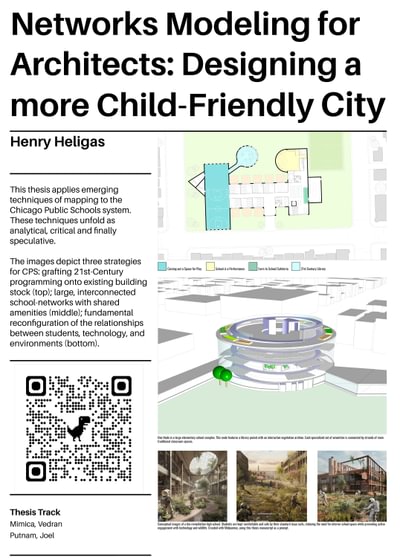
Thesis Track
Henry Heligas
Thesis Track
Henry Heligas
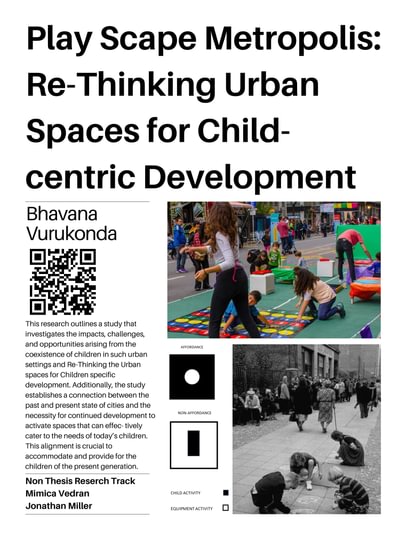
Non-Thesis Research Track
Bhavana Vurukonda
Non-Thesis Research Track
Bhavana Vurukonda
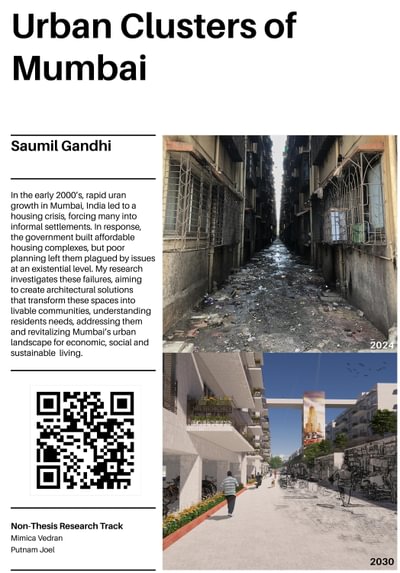
Non-Thesis Research Track
Saumil Gandhi
Non-Thesis Research Track
Saumil Gandhi
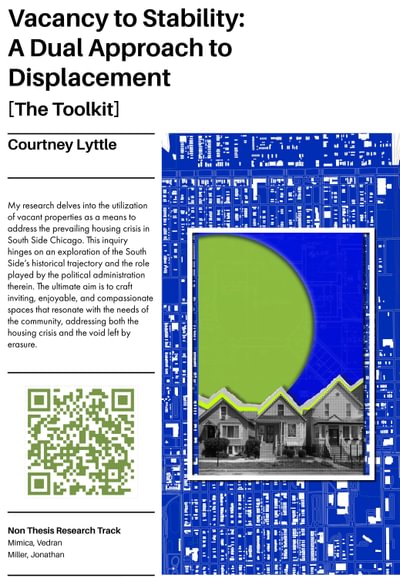
Non-Thesis Research Track
Courtney Lyttle
Non-Thesis Research Track
Courtney Lyttle
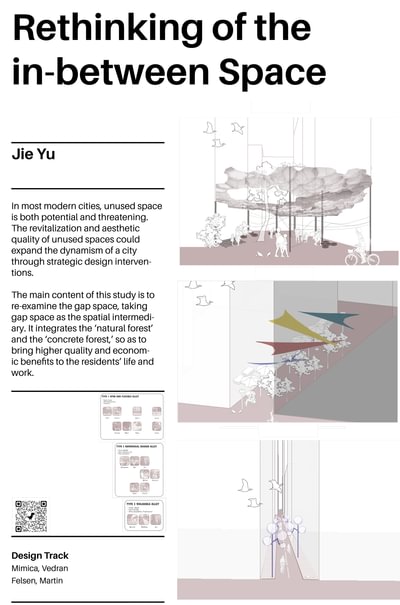
Design Track
Jie Yu
Design Track
Jie Yu
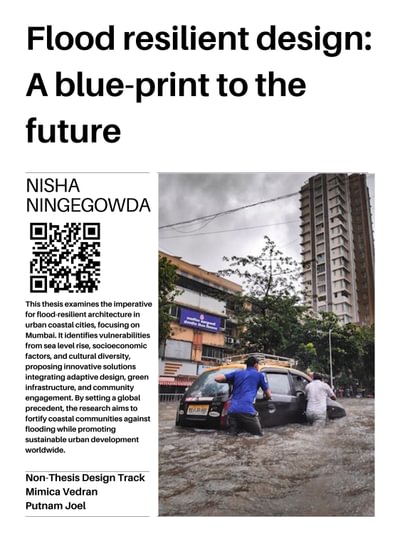
Non-Thesis Design Track
Nisha Ningegowda
Non-Thesis Design Track
Nisha Ningegowda
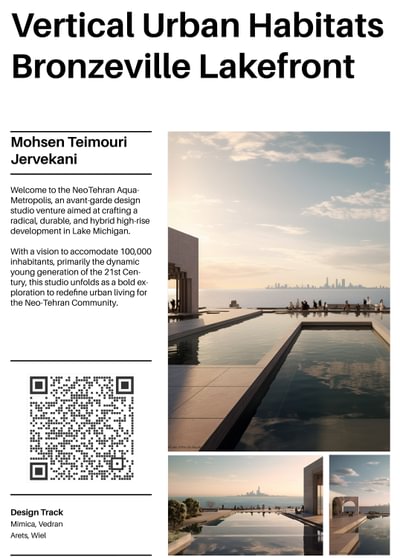
Design Track
Mohsen Teimouri Jervekani
Design Track
Mohsen Teimouri Jervekani
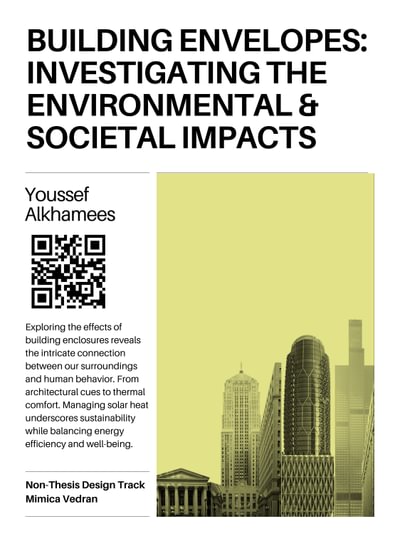
Non-Thesis Design Track
Youssef Alkhamees
Non-Thesis Design Track
Youssef Alkhamees


































